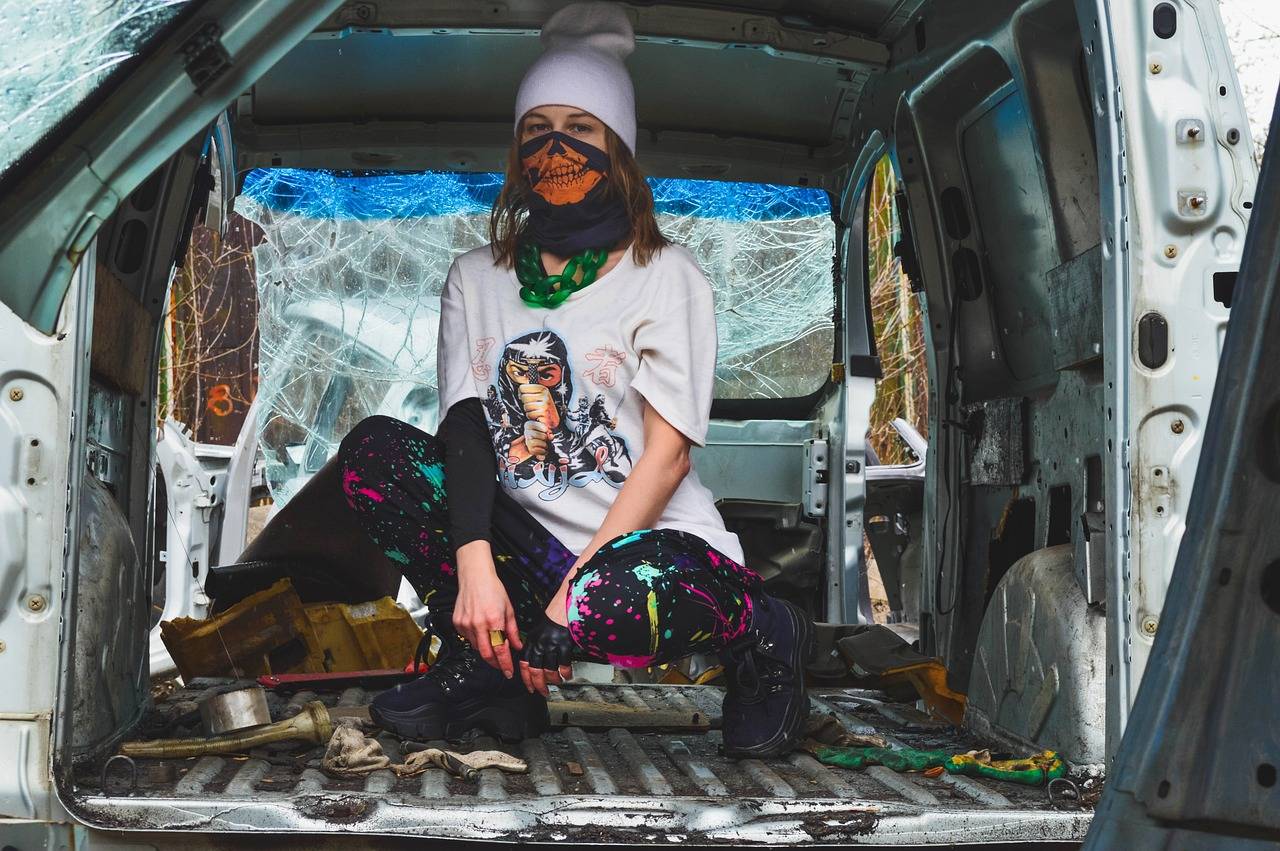Eco-Friendly Fashion Brands Leading the Way
In the realm of sustainable fashion, Reformation stands out as a trailblazer. Not only does the brand use eco-friendly materials like Tencel and recovered deadstock fabrics, but they also prioritize transparency in their supply chain, ensuring fair wages and safe working conditions for all workers involved in the production process.
Another impactful brand in the sustainable fashion scene is Patagonia. Known for their commitment to environmental and social responsibility, Patagonia not only creates durable and timeless clothing pieces but also actively supports environmental initiatives and advocates for fair labor practices across their entire production chain.
Innovative Materials Used by Eco-Friendly Fashion Brands
Sustainable fashion brands are continuously pushing the boundaries when it comes to materials used in their products. One notable innovative material gaining popularity is Piñatex, a leather alternative made from pineapple leaf fibers. This cruelty-free and sustainable material not only reduces waste but also supports local farming communities in developing countries.
Another cutting-edge material making waves in the eco-fashion industry is Tencel, a fabric derived from sustainably sourced wood pulp. Known for its softness and breathability, Tencel is biodegradable and requires less water and chemicals to produce compared to traditional fabrics like cotton. Its versatility and eco-friendly properties have positioned it as a go-to choice for many environmentally-conscious fashion brands aiming to reduce their carbon footprint.
Ethical Production Practices in Sustainable Fashion
Sustainable fashion brands prioritize ethical production practices to ensure the well-being of workers and the environment. By embracing transparency in their supply chains, these brands aim to create a more equitable and sustainable fashion industry. From fair wages and safe working conditions to promoting diversity and inclusion, ethical production practices are at the core of their operations.
Additionally, sustainable fashion brands often forge long-term partnerships with manufacturers and artisans, fostering a sense of community and collaboration. By supporting local craftsmanship and traditional techniques, these brands not only preserve cultural heritage but also contribute to the economic empowerment of artisans. Through these initiatives, ethical production practices in sustainable fashion play a crucial role in driving positive change in the industry.





